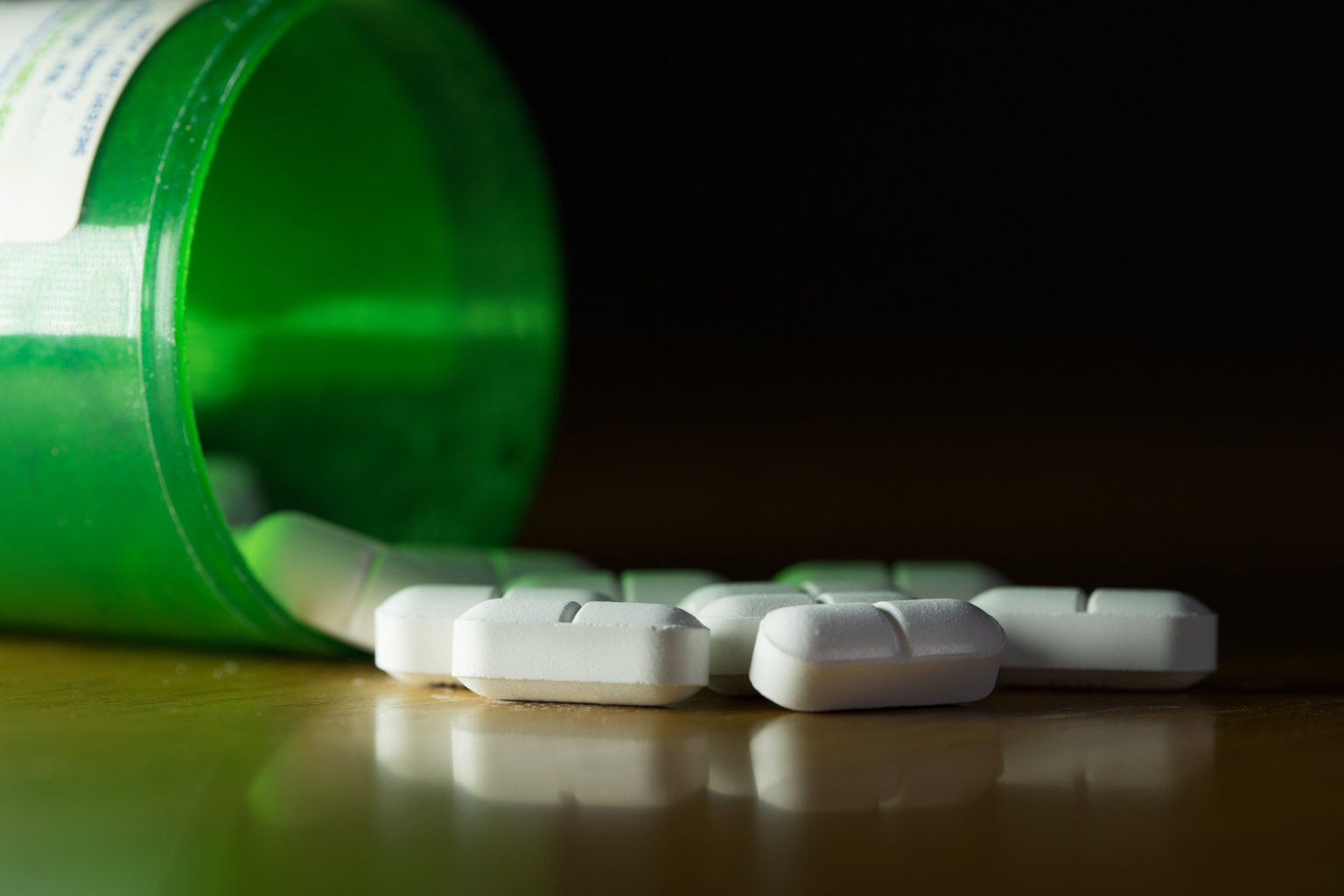New Jersey Must Redefine Itself as a National Beacon in the Battle Against Opioids

The New Jersey opioid epidemic kills and ruins families daily. Statewide overdose deaths exceeded seven per day in 2023, signaling a public health emergency. A closer look demonstrates that New Jersey now has a moral imperative and a chance to lead nationally.
Opioid loss proves present procedures are insufficient. The state must prioritize methadone and buprenorphine for opioid addiction. These treatments reduce overdose risks and offer recovery with counseling and social support. How aggressively and creatively New Jersey can execute these solutions, not whether it should invest in them.
The latest numbers show progress. The state saw 2,816 overdose deaths in 2023, its lowest number in a decade. Provisional data suggests a 31% decline in New Jersey overdose deaths between 2023 and 2024. Despite these successes, over five residents die from drug usage daily. Racial inequality worsens: The epidemic is unevenly distributed, as black people, notably in Essex County, had considerably higher overdose rates than their demographic share.
New Jersey supports national opioid settlement programs. Opioid manufacturer and distributor lawsuits will net the state nearly $1 billion over 18 years. These expenditures should improve prevention, treatment, rehabilitation, and harm-reduction, not replace them. Strong monitoring and accountability are needed as counties and municipalities manage settlement money with state bodies.
NJ must improve in several areas to be a national model. First, it must eliminate unnecessary treatment barriers. Insurance restrictions, waiting lists, stigma, and convoluted laws should not prevent lifesaving care for crisis patients. Second, addiction-stricken neighborhoods need mobile clinics, peer support networks, and culturally tailored programs from the state. Third, early prevention requires public education, provider training, and careful prescription monitoring.
To address the opioid epidemic, public health, law enforcement, education, and community systems must unite. This is a chance for New Jersey to integrate addiction services with housing, mental health, employment, and criminal justice. The state must address poverty, trauma, and social isolation to reduce opiate demand and improve rehabilitation.
When lives are at stake, incrementalism is intolerable. New Jersey must lead, not follow. Data, ingenuity, and equity can make the state a national opioid reversal leader. Lost lives need vigorous response, and saved lives deserve more.
Sources
Irvington Opioid Mismanagement Investigation
The Opioid Crisis Needs a Whole-Government Approach




